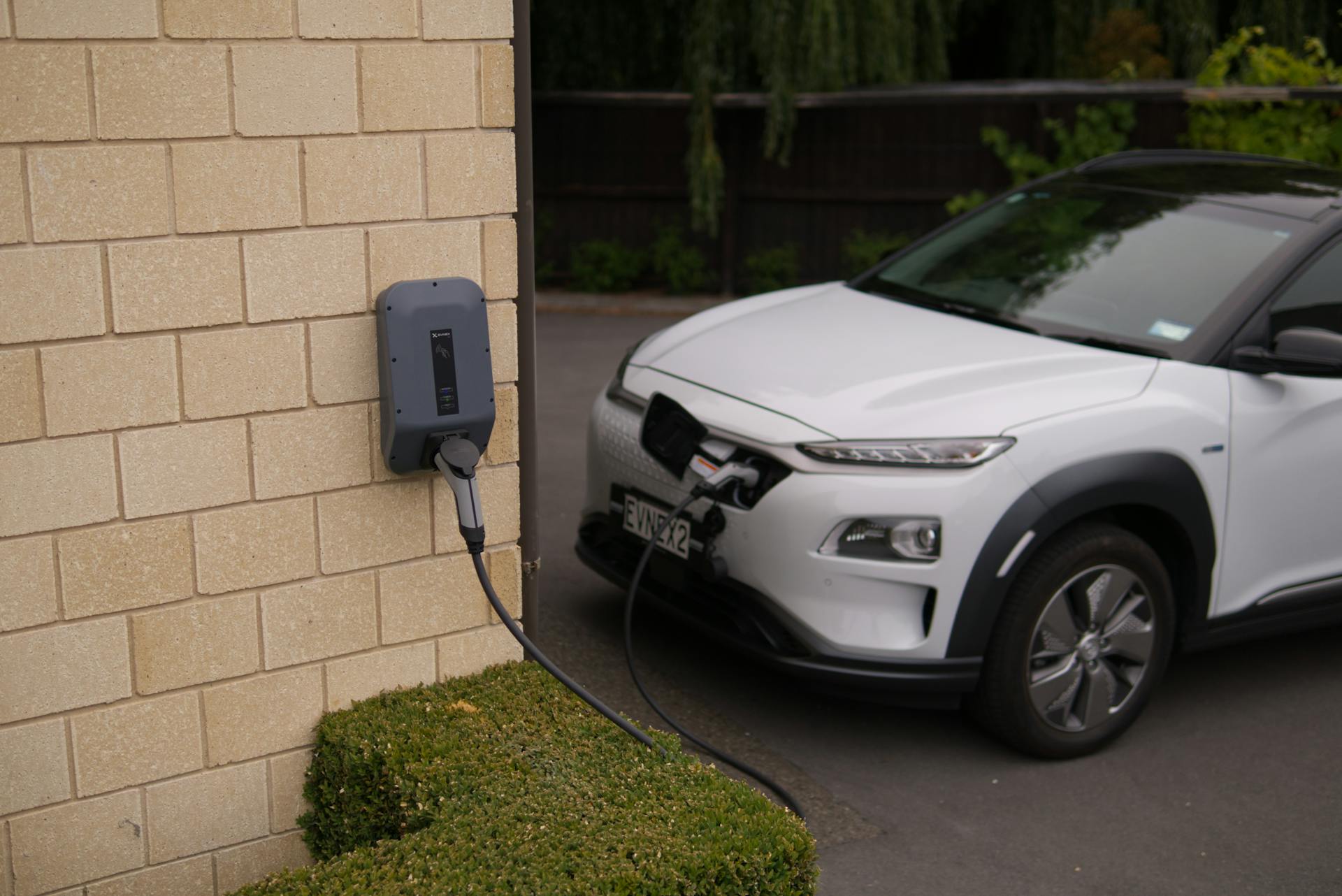As the world grapples with the urgent need for sustainable energy solutions, the concept of decentralized energy systems emerges as a beacon of hope. Imagine a future where communities harness their own power—whether from the sun, wind, or other renewable sources—reducing reliance on centralized grids and creating a more resilient energy landscape.
Decentralized energy systems, which encompass local generation and consumption of electricity, are reshaping how we think about energy production and distribution. In today’s context, where climate change and energy security are paramount concerns, decentralization offers a pathway to empower individuals and communities, fostering innovation and sustainability.
This article explores the pros and cons of decentralized energy systems, providing a comprehensive overview of their benefits and challenges. By examining both sides, we aim to equip readers with the knowledge needed to understand the potential impact of decentralized energy on our future energy landscape.
What Are Decentralized Energy Systems?
Decentralized energy systems refer to the local generation and consumption of energy, allowing communities and individuals to produce power close to where it is used. This contrasts with traditional centralized energy systems, where power is generated at large facilities and transmitted over long distances. By harnessing renewable resources like solar, wind, and hydro, decentralized systems empower users to take control of their energy needs and contribute to a more sustainable energy future.
Examples of decentralized energy systems include solar panels installed on residential rooftops, small wind turbines generating power for local farms, and microgrids that provide localized energy networks. Microgrids can operate independently or in conjunction with the main grid, offering flexibility and resilience. These systems are becoming increasingly popular as technology advances and the push for renewable energy grows stronger.
Pros of Decentralized Energy Systems
Increased Energy Independence
One of the most significant advantages of decentralized energy systems is the increased energy independence they provide. By generating power locally, communities can reduce their reliance on centralized grids, which are often vulnerable to disruptions. This independence not only enhances energy security but also empowers local communities to manage their energy resources more effectively, fostering a sense of ownership and responsibility.
Enhanced Resilience
Decentralized systems contribute to greater resilience in the face of natural disasters and grid failures. With local energy generation and storage capabilities, communities can maintain power even when the larger grid is compromised. This resilience is crucial during emergencies, allowing essential services and facilities to continue operating and providing support to those in need.
Environmental Benefits
Decentralized energy systems play a vital role in reducing carbon emissions and promoting renewable energy sources. By harnessing clean energy technologies, such as solar and wind, these systems help mitigate the impacts of climate change. Furthermore, the shift towards decentralized energy promotes a more sustainable energy model that prioritizes environmental stewardship and reduces reliance on fossil fuels.
Economic Advantages
The economic benefits of decentralized energy systems are substantial. They can stimulate job creation in local energy sectors, ranging from installation and maintenance to research and development. Additionally, by lowering energy costs through local production, consumers can save money on their utility bills, further enhancing the economic viability of decentralized systems.
Energy Efficiency
Decentralized energy systems improve energy efficiency by reducing transmission losses that occur when electricity travels long distances. By generating and consuming energy locally, communities can optimize their energy usage and minimize waste. This localized approach encourages more efficient consumption patterns and helps in balancing supply and demand.
Flexibility and Scalability
Decentralized systems offer flexibility and scalability, allowing communities to customize their energy solutions based on local needs. This adaptability enables the integration of new technologies, such as battery storage and demand response systems, which can enhance energy management and reliability. As energy demands change, decentralized systems can easily scale to meet those evolving needs.
Cons of Decentralized Energy Systems
High Initial Costs
While decentralized energy systems offer numerous benefits, the initial investment can be a significant barrier. Setting up renewable energy technologies and the necessary infrastructure often requires substantial financial resources. For low-income households, these costs can be prohibitive, creating disparities in access to clean energy solutions.
Regulatory Challenges
Decentralized energy systems face complex regulatory landscapes that can hinder their growth. Navigating energy policies and regulations can be challenging, necessitating supportive frameworks that encourage local energy initiatives. Without clear regulations, potential investors may hesitate to engage in decentralized projects, stalling progress.
Intermittency Issues
Many decentralized systems rely on variable renewable energy sources, such as solar and wind, which can be intermittent. This variability necessitates effective energy storage solutions to ensure a reliable power supply. Without adequate storage, communities may face challenges in maintaining a consistent energy supply, particularly during peak demand periods.
Grid Integration Challenges
Integrating decentralized systems with existing grids poses its own set of challenges. Connecting local generation to centralized infrastructure requires advanced technology and management systems. These integration issues can complicate the transition to decentralized energy and may deter some communities from pursuing local energy initiatives.
Maintenance and Management
Decentralized energy systems demand ongoing maintenance and management, which can be resource-intensive. Communities may need to invest in local expertise to ensure the reliability and efficiency of their energy systems. This requirement can add another layer of complexity and cost, particularly for smaller or less-resourced communities.
Equity Concerns
Finally, there are equity concerns related to decentralized energy systems. While they can empower local communities, disparities in access to technology and resources can lead to uneven benefits. If not addressed, these disparities may exacerbate energy poverty in certain communities, hindering overall progress toward equitable energy solutions.
Conclusion
Decentralized energy systems present a promising path toward a more sustainable and resilient energy future. While the benefits of increased energy independence, enhanced resilience, and environmental advantages are significant, the challenges related to costs, regulation, and equity must be carefully navigated. As we move forward, further research and policy development will be crucial to unlocking the full potential of decentralized energy systems and ensuring that their advantages are accessible to all communities.


